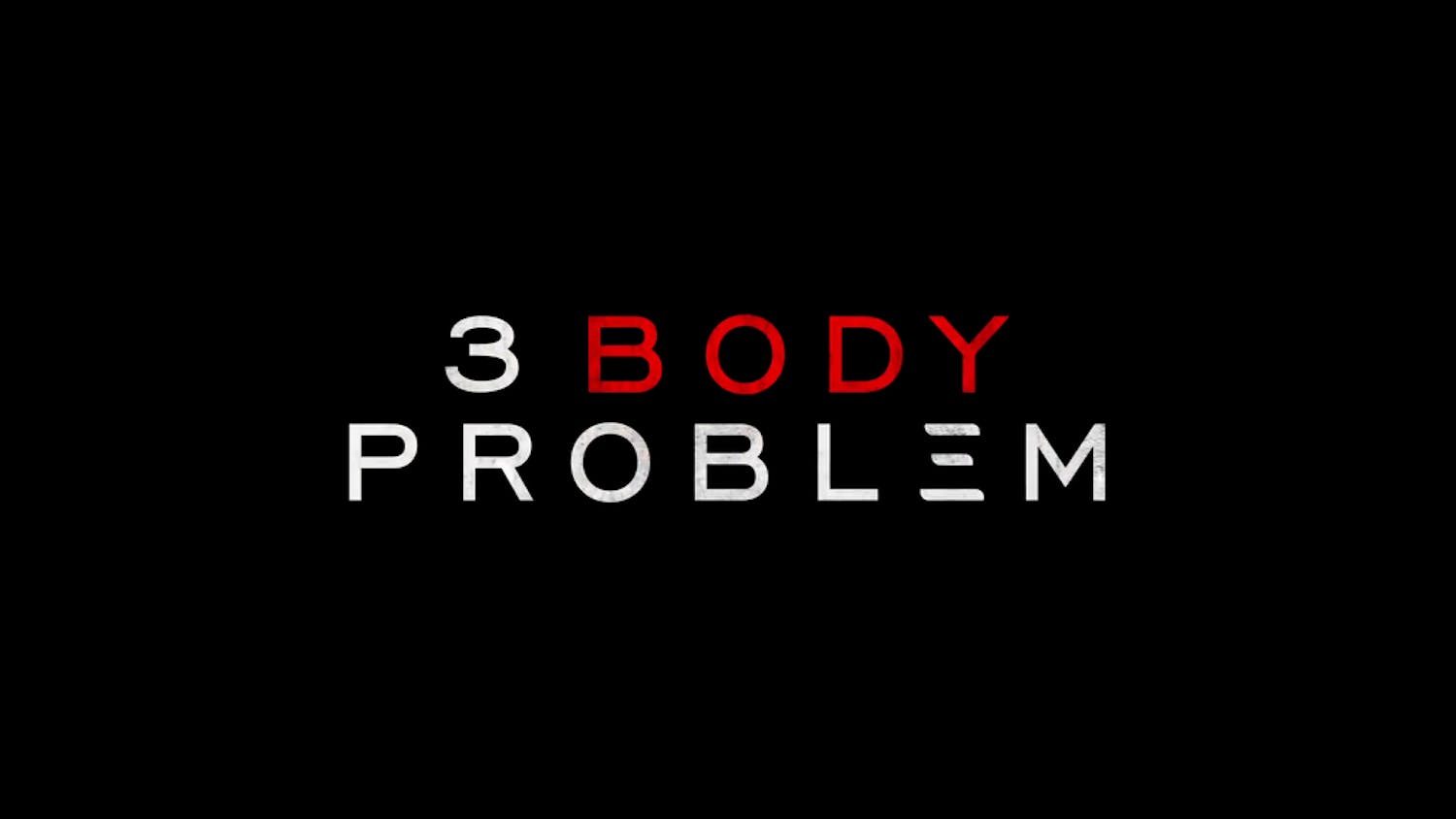The beginning of 2015 saw the meteoric rise of a new popular television show: Fox’s “Empire.” The show premiered on Jan. 7 and has been steadily increasing in its ratings since its pilot episode. In fact, Fox has already renewed the show, which stars Terrence Howard and Taraji P. Henson, for a second season. “Empire’s” rating success is especially significant, in part, because the show breaks the mold which has plagued American TV for decades: the white, nuclear, affluent family that became a stock image for networks of the American dream.
The show has a primarily African-American cast and focuses on the family of a hip-hop scion. The only new show which rivals the high viewership and ratings of “Empire” is “How to Get Away with Murder” (2014 - present), which stars Viola Davis and also features an incredibly diverse cast. Popular shows are no longer solely white, and high ratings reflect the popularity of shows with diverse casts among a diverse American audience. Shows like “Empire” seem to be slowly subverting traditional, and limited, television tropes as they climb to success.
“Empire” is fundamentally a show about family, a common theme in American television since the medium's inception. And "family" TV shows tend to promote or condemn a specific vision of the American dream: traditional success through hard work. In the past, the typical nuclear family formed the ideal toward which citizens must strive; classic shows from “Leave It to Beaver” (1957-1963) to “The Donna Reed Show” (1958-1966) exemplify this goal. In “The Donna Reed Show,” for example, the housewife Donna Stone (Donna Reed) and her pediatrician husband Alex (Carl Betz) live in perfect, suburban matrimonial bliss with their two children. This was the '50s American Television "ideal" -- a Caucasian middle-class life in which the husband provided for his family members, and his wife cared them.
But, naturally, over the years, the picture of the "successful American family" began to shift, albeit incrementally. “The Brady Bunch” (1969 - 1974) featured a blended family -- two widowed parents married to bring together two sets of siblings. Even if it still promoted the middle class, white version of the American dream, "The Brady Bunch" stepped a little outside of the cookie-cutter image and allowed other subsequent shows to take bigger strides away from that image. Later, “Full House” (1987 - 1995), showed three father figures taking care of three little girls, a less-than-traditional method of childcare which diverted from the female-centric caretaker image featured on TV in decades past.
“The Cosby Show” (1984 - 1992) and “The Fresh Prince of Bel-Air” (1990 - 1996) introduced a more diverse view of successful American family life. Wealthy or upper-middle-class African-American family members were the central characters of these shows which, in turn, explored their successes and failures. These shows constituted a revolution in the portrayal of the American family in television, a positive beginning which led to the development of shows like “Empire.” The American dream was still based on capitalism, on self-reliance and traditional values, but it was no longer for white families alone.
Throughout the 20th century, mainstream television enforced a specific social norm with regards to proper family life: a middling to wealthy families with parents (or parental figures) who teach their children correct values, whether these lessons are about study habits to succeed in school, or surviving the pains of young love. But thus far, family-centric television shows of the twenty-first century have often sought to subvert the traditional picture of successful family bliss. “The Sopranos” (1999 - 2007), “Breaking Bad” (2008 - 2013) and “Mad Men” (2007 - present) focus on men with questionable motives and ambition, anti-heroes who do terrible things under the pretense of protecting their families. These shows taunted audiences with their morally gray protagonists and exaggerated portrayals of familial dysfunction, leaving a sea of ambiguity in their wake. Are we supposed to root for Tony Soprano, Walter White and Don Draper as they become darker and sacrifice more? Are we supposed to hope that their wives and children will redeem their patriarch, or that they will run away? And in a crumbling economy, in a violent world, is family life actually sustainable?
These cynical dramas present a twisted version of the American dream, showing that the capitalistic ideal which citizens have been prescribed as a roadmap for success actually can lead one down a path of darkness. While these shows do each have white, male-dominant perspectives -- not every aspect of television has been revolutionized as of yet -- but these shows nonetheless present a different vision of what family life is and should be.
Even more comedic shows of the twenty-first century have questioned traditional nuclear family values. “Gilmore Girls” (2000-2007) follows a young single mother and her daughter. And LGBT couples are being (slowly) integrated into the social norm of what a proper family is, with examples such as “Modern Family” (2009-present) and “The Fosters”(2013-present). It's about time.
Meanwhile, even “Empire’s” competition in its time slot, Wednesdays at 9:00 p.m., demonstrates this broadening horizon. Airing simultaneously are ABC’s “Modern Family” and “Black-ish” (2014-Present), which shows the trials and tribulations of a modern African-American family. Clearly, the idea of what “family” means in America, and American television, has transformed over the decades, and “Empire” seems to be keeping with the tradition of subversion.
In the first episode of “Empire,” the dramatic tension is set, as hip-hop legend and record company owner Lucious Lyon (Howard) is forced to confront his mortality. After being diagnosed with ALS, Lyon must choose which of his three sons will be entrusted with the empire he has built. There’s Andre (Trai Byers), the business savvy eldest son with no musical ear. Soulful, musically gifted Jamal (Jussie Smollett) is the middle child and perhaps the most suitable heir to the company, though he is overlooked and abused by his father because he is gay. Hakeem Lyon (Bryshere Gray) is the spoiled youngest son, a talented rapper with no sense of responsibility or accountability.
Lyon’s choice of heir is further complicated by his ex-wife, Cookie Lyon's (Taraji P. Henson), release from prison. Lyon built his company using the money Cookie earned by selling drugs, and now she is back for vengeance. By the end of the first episode, Cookie has gained control of Jamal’s musical career, acting as his advocate and manager in the face of Lyon’s homophobic prejudice against his second son. Henson is brilliant as Cookie, her characterization vacillating between wounded victim, loving mother and conniving businesswoman. She’s the Lady Macbeth of an already-Shakespearean plot; traditional mother figure, Cookie is not. She cares for her children deeply, but is willing to pit them against each other if it serves her purposes.
The traditional family and the American dream are no longer the ideals they once were. As citizens have been disillusioned by wars and a recession, by civil unrest and institutionalized racial and gender oppression, television shows must constantly reflect dramatically changing -- and often anxiety-ridden -- times. These themes are especially apparent in “Empire.” Lucious Lyon may be an incredibly wealthy and successful business owner, but his gritty origins as a drug dealer are ever apparent through flashbacks. And while Cookie and Lyon are seemingly respectable, Howard and Henson constantly resonate raw ruthless power underneath their perfectly coiffed hair.
The ideal of “The Donna Reed Show,” the 1950s dream, is long gone. It has been replaced by a new version of family life, one which at least partially discards traditional white and heteronormative storylines in favor of a more complex, and honest, take on storytelling. “Empire” is just the latest of a slew of shows that explore a different aspect of American lifestyle. And, thus far, it successfully portrays how families can live with a balance of both happiness and darkness, wealth and fear. The American dream, once more, is changed, and will continue to be catalogued on television screens.






